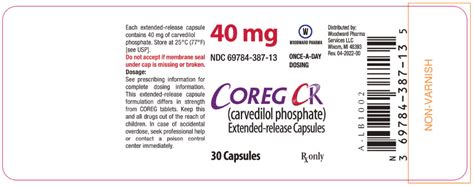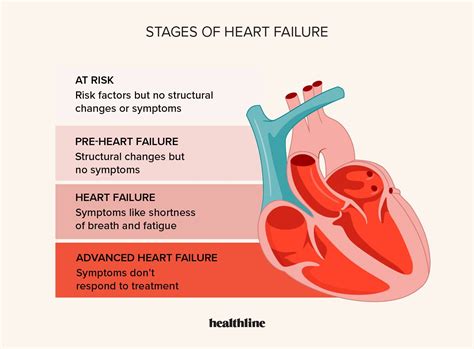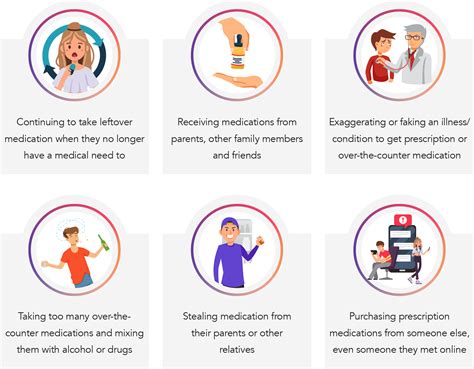Intro
Heart failure is a chronic condition where the heart muscle is unable to pump enough blood to meet the body's needs for blood and oxygen. It's a serious condition that can significantly impact a person's quality of life. Fortunately, there are various treatments available to manage heart failure, including medications like Coreg. Coreg, also known as carvedilol, is a beta-blocker that has been widely used to treat heart failure and other cardiovascular conditions.
The importance of managing heart failure cannot be overstated. If left untreated, heart failure can lead to serious complications, such as kidney damage, liver damage, and even death. Therefore, it's essential to understand the available treatment options and how they work. Coreg is one such medication that has been shown to be effective in managing heart failure. By understanding how Coreg works and its benefits, individuals with heart failure can better manage their condition and improve their overall health.
Heart failure is a complex condition that requires a comprehensive treatment approach. While lifestyle changes, such as a healthy diet and regular exercise, are essential, medications like Coreg play a critical role in managing the condition. Coreg is a beta-blocker that works by blocking the effects of the hormone epinephrine, also known as adrenaline, and reducing the heart's workload. This allows the heart to pump more efficiently and reduces the risk of further damage.
What is Coreg?

How Does Coreg Work?
Coreg works by blocking the beta-1 and beta-2 receptors in the heart, which reduces the heart's workload and improves its pumping efficiency. This allows the heart to pump more blood with each beat, reducing the risk of further damage. Additionally, Coreg has antioxidant properties, which help to protect the heart from damage caused by free radicals. By reducing the heart's workload and protecting it from damage, Coreg can help to improve symptoms of heart failure, such as shortness of breath and fatigue.Benefits of Coreg for Heart Failure

Side Effects of Coreg
While Coreg is generally well-tolerated, it can cause some side effects. Common side effects of Coreg include: * Dizziness or lightheadedness * Fatigue or weakness * Headache * Nausea or vomiting * Diarrhea or constipation * Rash or itchingHow to Take Coreg

Interactions with Other Medications
Coreg can interact with other medications, including: * Other beta-blockers * Calcium channel blockers * Digoxin * Warfarin * Anti-depressantsPrecautions and Warnings

Dosage and Administration
The dosage and administration of Coreg will depend on the individual's condition and response to the medication. Typically, the starting dose of Coreg is 3.125 mg twice daily, which can be increased to 25 mg twice daily as needed.Conclusion and Next Steps

We invite you to share your thoughts and experiences with Coreg and heart failure in the comments below. Your input can help others who are going through similar challenges. Additionally, if you found this article helpful, please share it with others who may benefit from this information.
What is the primary use of Coreg?
+Coreg is primarily used to treat high blood pressure, heart failure, and left ventricular dysfunction following a heart attack.
How does Coreg work?
+Coreg works by blocking the beta-1 and beta-2 receptors in the heart, which reduces the heart's workload and improves its pumping efficiency.
What are the benefits of Coreg for heart failure?
+The benefits of Coreg for heart failure include improved heart function, reduced symptoms, increased survival, and reduced hospitalizations.
